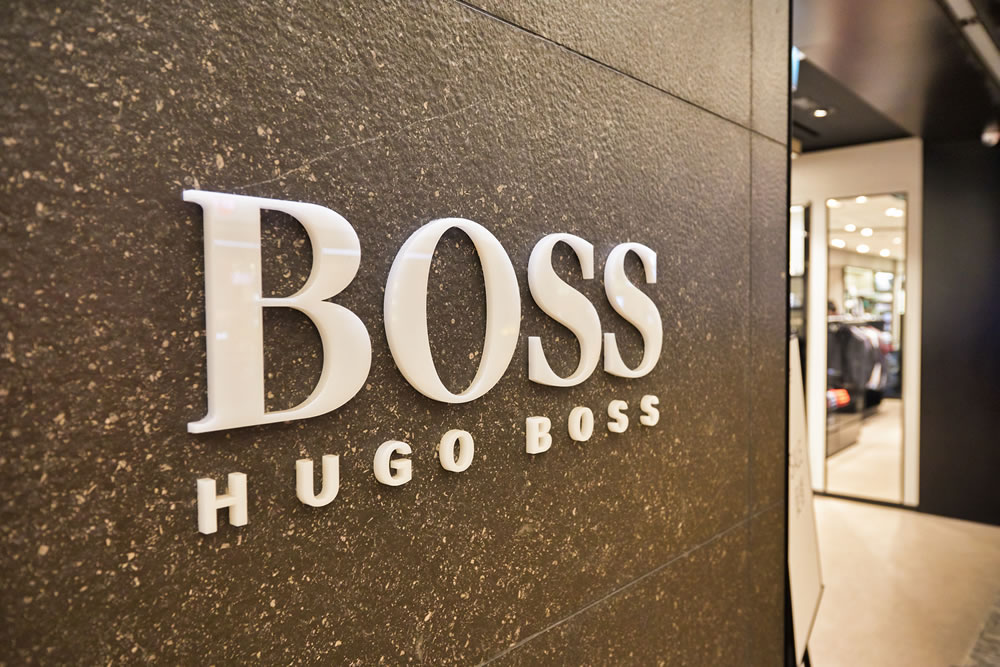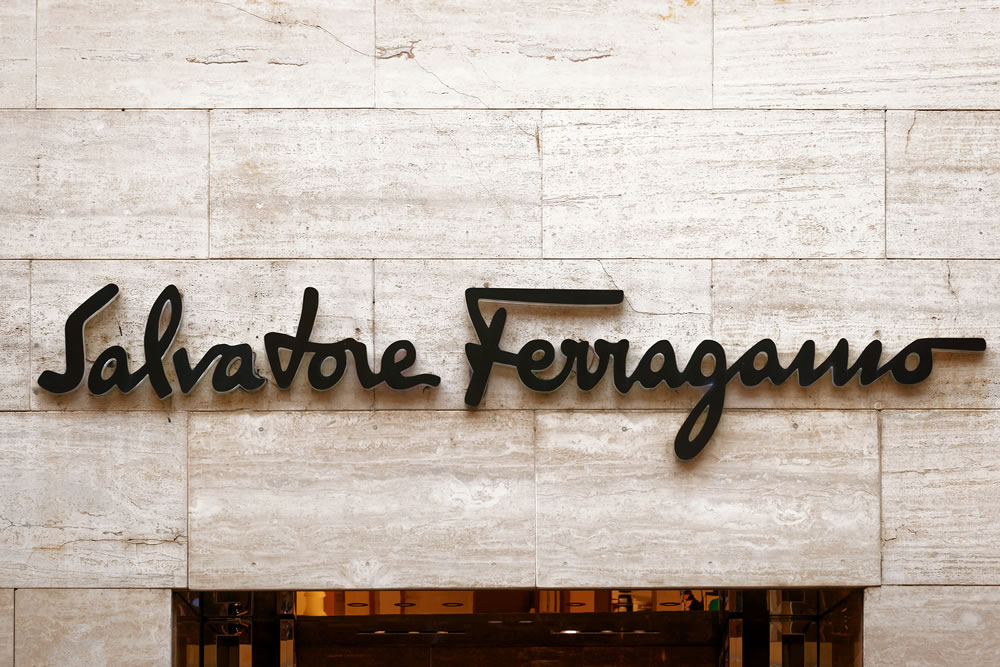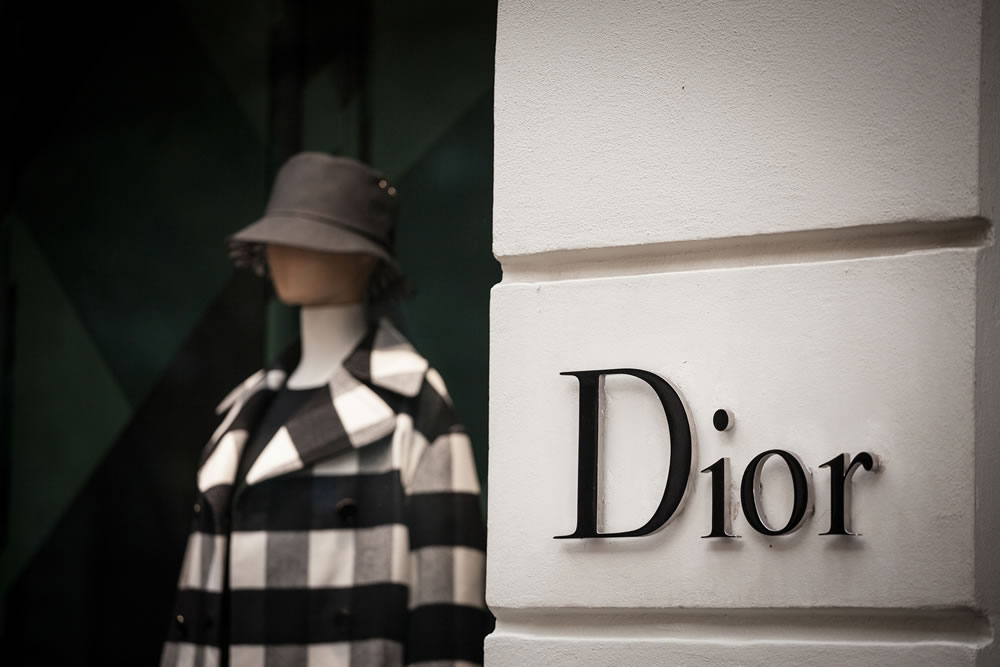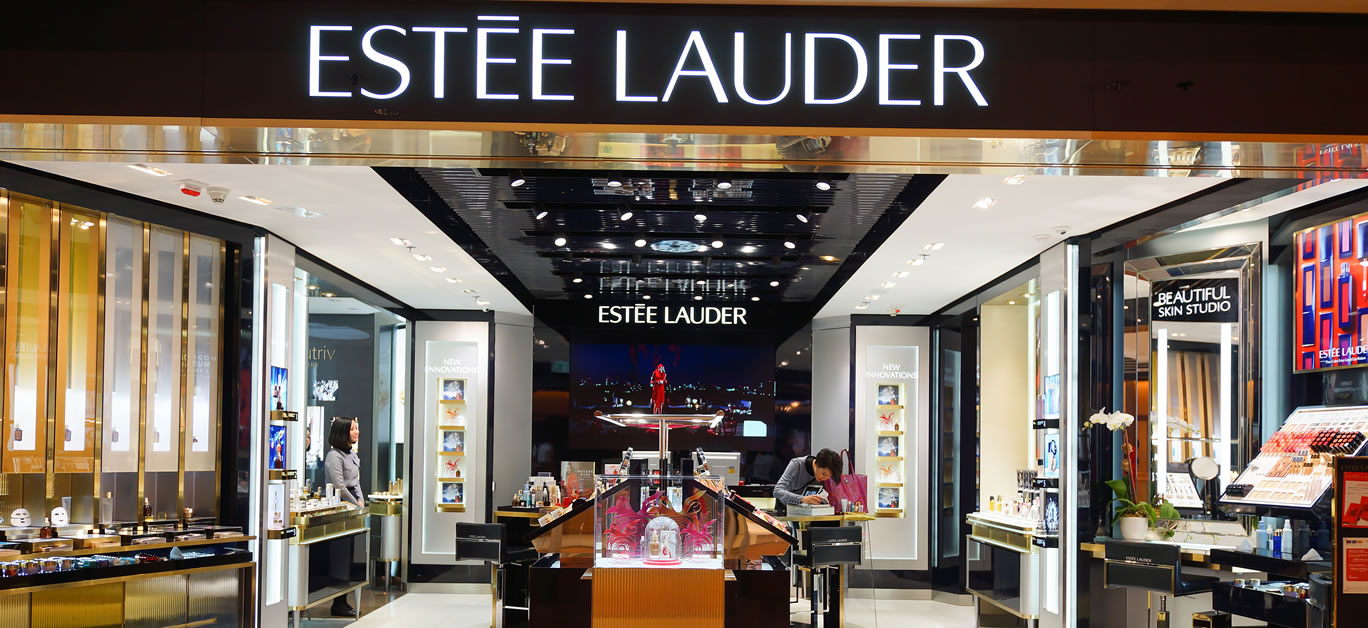The outbreak of the novel coronavirus has rapidly engulfed the entire globe, affecting our lives to limits beyond our contemplation. Though there was an initial delay in the awareness and actions taken to curb the virus, it has substantially altered the way we live. The nationwide lockdowns, closure of public places, practising social distancing, and hospitals filling up to capacity, with a growing requirement for disinfectants, surgical gloves and face masks, have put our survival in jeopardy and, thus, an immediate call for action.
With over 980,000 reported cases across the world, the governments and medical institutions around the globe have been prompted to call for aid. The luxury business sector was affected by China – the largest luxury market – and later, Europe’s worst-hit country – Italy – with the two main markets declared dysfunctional. With the governments announcing a lockdown to curb the spread of the virus, many brands have temporarily stopped all production, preventing the risk of further contagion and spread.
While desperate times call for desperate measures, the global giants in the world of fashion, beauty and lifestyle have stepped forward to help combat the global pandemic, coming together to fight the battle against the coronavirus through financial aids or manufacturing necessities to ensure we stand strong in unity.
Race against time

Though the mortality rate of the novel coronavirus is around 2%, the proliferation rate is staggering, due to delayed symptoms. With the rapid spread of the outbreak and the growing number of patients, the hospitals started filing to capacity and with finite medical resources at their disposal. The need to act fast and efficiently was primal. Luxury brands initially donated to the Chinese Red Cross Foundation to help the worsening situation of China and, as the pandemic spread its wings, more and more brands geared up to help face the fight.
LVMH, the french luxury conglomerate that owns brands including Louis Vuitton, Christian Dior, Marc Jacobs and more, reopened its French perfume factory to produce hydroalcoholic disinfectant gels to be provided, free of charge, to healthcare facilities along with 40 million units of face masks. Estee Lauder, a luxury beauty company, reopened their factory in New York to help with the disinfectant gels along with donating $2 million. Similarly, French beauty brand L’Occitane manufactured 70,000 litres of hand sanitisers for French health authorities and donated more than 10,000 hand creams to National Health Service (NHS) staff across the UK and Ireland. The Carla Fendi Foundation also announced a contribution of €100,000 to Presidio Sanitario Columbus in Rome.

Other brands joining the cause were Hugo Boss, who donated 180,000 face masks, and Salvatore Ferragamo with 100,000 anti-bacterial masks, 50,000 units of hand sanitiser and 3,000 masks to local healthcare units. Prada will be manufacturing 110,000 masks and 80,000 overalls, while Gucci will be providing 1.1 million face masks and 50,000 overalls. Kering, another luxury conglomerate, parent to brands such as Balenciaga, Alexander McQueen, Ulysse Nardin and Gucci, has announced a donation of €2 million to health-care institutions in Italy, while Capri Holdings Ltd announced they would be donating $5 million.
Apart from luxury fashion and beauty brands, luxury automobile manufactures Rolls Royce and luxury appliance company Dyson, have volunteered their factories for the production of ventilator units. Moncler, a French luxury ski brand, has offered €10 million for the construction of 400 ICU units in Milan.
Adapting to changing times
The nature of the fashion business has always been dynamic and uncertain. With a constant cut-throat competition and demanding circumstances, brands have to innovate, reinvent and adapt to the situations for survival. The first brand to react to the upcoming situation was Giorgio Armani when they showcased their latest collection within an empty auditorium via a live stream as a prevention against the tensing situation in Milan. The designer wore a face mask too. This year, Shanghai Fashion Week went completely digital and over six million viewers were recorded on the first day. Christian Dior also streamed its Autumn/Winter 2020 collection on Weibo.

The brands have turned to digital platforms for commerce in China and other countries to maximise their reach and continue with the business. Louis Vuitton launched their Valentine pop-up on a WeChat programme, the online sales doubled in comparison to last year’s Valentine pop-up.
Several luxury brands are creating awareness programmes and initiatives, to help donate in whatever way possible to the affected regions. The Italian luxury brand, Gucci, asked their friends and fellows to donate to the Solidarity Response Fund for WHO through the ‘donate’ feature available in their Instagram stories.
Image credit at the very top of the article: Sorbis/Bigstock.com






















